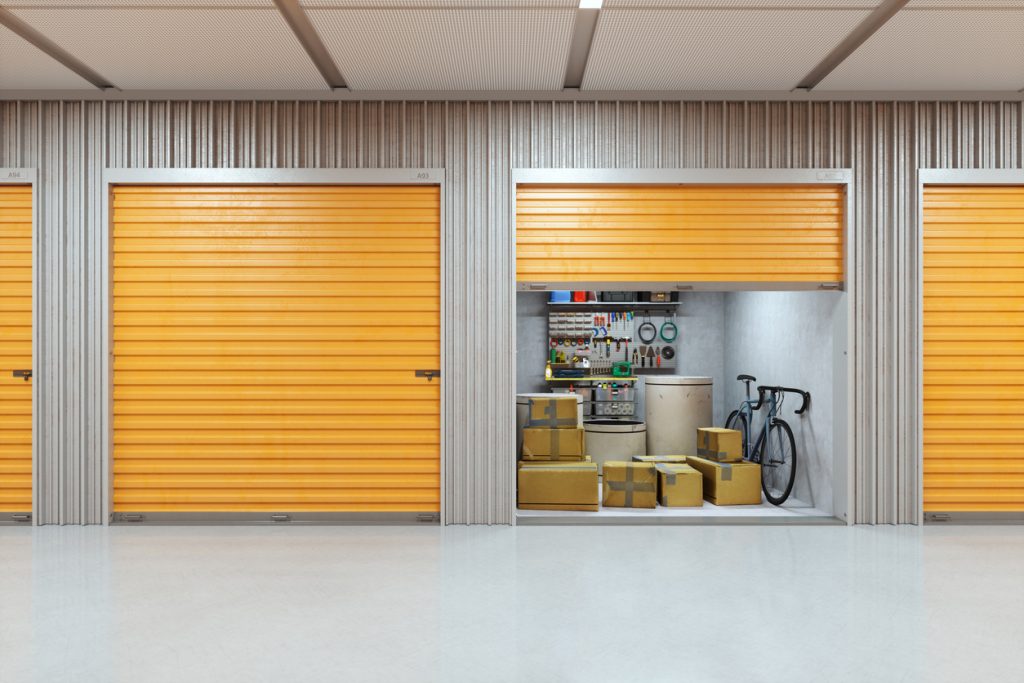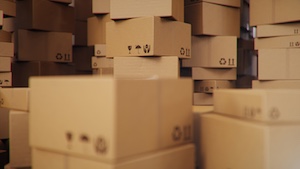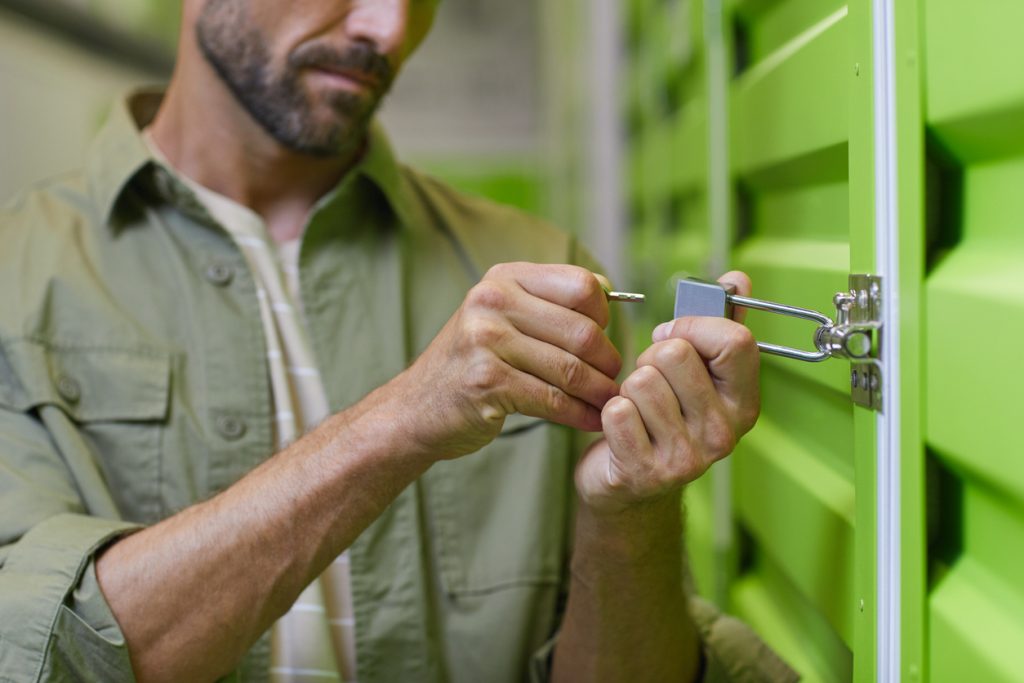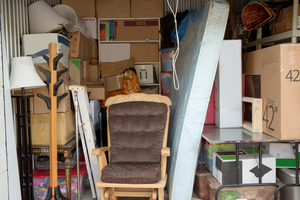When CDs and mini-discs came along, for a short it looked as if vinyl records were going to be defunct. However, it was more than just nostalgia that revived their popularity. There has been a new-found appreciation for the nuance and texture of sound the format offers. In this guide, we’ll cover everything you need to know about storing vinyl records so that if you’ve got your records in self-storage, they’ll stay secure until you need them.
One thing many vinyl-loyalists will know is that vinyl records in general are more susceptible to the elements, and thus need more protection to maintain that quality of sound. This especially applies if you’ll have your records stored away in a storage unit or somewhere else.
If you have a collection you want to store safely, this guide gives you all the information you need.
How and Where to Store Your Vinyl:
First the don’ts…
- Don’t use garages or attics:
Vinyl is susceptible to damage from the elements, so anywhere prone to extremes of either heat or cold should be avoided. Moisture, in particular, can be a real threat to the record sleeves and the vinyl itself.
- Don’t store in store in a bright room:
Cold is a threat to the vinyl at one end of the heat spectrum; extreme heat is a threat at the other. Not only can the temperature warp the material, but bright lights have the potential to bleach the sleeves.
- Don’t pack them too tightly:
There should always be a little airflow between the records- again, to prevent warping. A good rule of thumb is how easy it is to retrieve a record from the pile. If you are having to use any force to extract it, you know they are packed too tight!
- Don’t keep them on the floor:
Use a rack or pallet to allow air to flow freely beneath and between the records. If you’re storing your vinyls in a storage unit, don’t place the box on the bottom of the pile!
- Don’t store them at an angle:
Always store your records upright, as slanting can put pressure on which causes the records to warp.
- Don’t squeeze too many in one box!:
It can be tempting to be as economical as you can with your boxes, but over-packing has two dangers- one, airflow (again!), and, two, the possibility of a costly box split in transit.
Do…
- Use a well-ventilated area, with a stable temperature.
- Store in special record crates or boxes, with protective exterior sleeves, where possible.
- Keep an indexed catalogue of your collection.
- Check on your items occasionally to ensure long-term storage has not negatively impacted their condition. Make sure you’ve read up on how to store all your items safely.
- Notify your insurance company of your collection’s value, if substantial. In order to ensure your vinyls are covered should something happen to them in storage (such as a fire or flooding), at least the value of the records will be covered – a small consolation!
Self-Storage Units
Self-storage units are a popular option for storing vinyl records. It’s not hard to see why, either!
They offer a stable, temperature-controlled environment that is optimal for longer-term storage. Self-storage also offers a good deal of flexibility in terms of space, if your collection continues to grow! Collectors of vinyl records may choose to keep their records in self-storage for long-term storage (and to keep space freed up at home!), or for a secure place to keep records while moving, renovating, or downsizing.
Old and rare records can be worth considerable amounts of money. Ensure you not only keep an up-to-date catalogue of your collection, but keep your insurance company notified as your collection grows (and, indeed, their value changes), specifying any high-value items, so you are covered adequately.
Surewise provides both self-storage insurance and container storage insurance, so you can have that peace of mind whatever option you choose.








